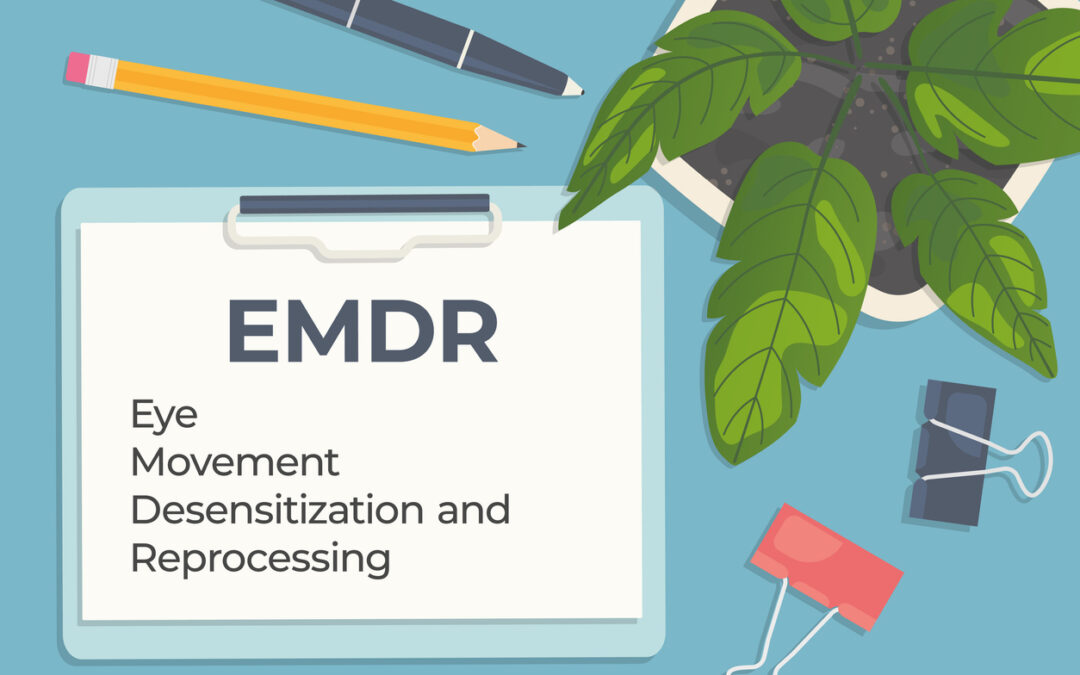Eye Movement Desensitization and Reprocessing (EMDR) is an evidence-based psychotherapy approach designed to help individuals process and heal from trauma and distressing life experiences. This introductory talk provides mental health professionals with a foundational understanding of EMDR, including its theoretical framework, key mechanisms, and practical applications in clinical practice.
Participants will explore how EMDR targets maladaptive memory processing through bilateral stimulation, facilitating adaptive resolution of traumatic memories. The session will also briefly cover the eight-phase treatment protocol, research supporting EMDR’s efficacy, and considerations for integrating EMDR into different therapeutic settings.
By integrating case examples into this discussion, attendees will gain insight into how EMDR can be used to treat PTSD, anxiety, depression, and other trauma-related conditions. While this talk does not provide formal EMDR training, it offers a valuable overview for clinicians interested in expanding their trauma-informed practice.
Upon completion of this training, participants will be able to
- Describe the core principles and mechanisms of EMDR.
- Identify key phases of the EMDR treatment protocol.
- Recognize potential applications of EMDR in clinical settings.
Syllabus:
Introduction
- Welcome and Overview
Objective #1: Understand EMDR’s Theoretical Foundations
- Origins of EMDR and Francine Shapiro’s discovery
- Overview of the Adaptive Information Processing (AIP) Model
- Understanding how trauma disrupts memory processing
- The role of Bilateral Stimulation (BLS) and dual attention in reprocessing
Objective #2: Identify and Describe the EMDR Protocol
- Exploration of the 8 Phases
- Clinician’s role in safety, pacing, and case conceptualization
Objective #3: Recognize Clinical Applications of EMDR
- Overview of conditions treated with EMDR
- Research findings and meta-analytic support
- Overview of contraindications and need for stabilization
Objective #4: Apply EMDR Principles in Clinical Conceptualization
- Case vignettes
- Considerations for referrals and additional training
- Settings for EMDR
- Importance of preparation, containment, and resourcing strategies
Key takeaways/Q&A
- Key takeaways and reflections
- Open discussion and final thoughts
Social workers completing this course receive 1.5 Clinical asynchronous continuing education credits.
For other board approvals, this course qualifies for 1.5 hours of Clinical continuing education training.
Instructor: Samantha Silverberg, Ph.D., L.P.C.
Recording Date: April 22, 2025
CEUS On-Demand, LLC, provider #2274, is approved as an ACE provider to offer social work continuing education by the Association of Social Work Boards (ASWB) Approved Continuing Education (ACE) program. Regulatory boards are the final authority on courses accepted for continuing education credit. ACE provider approval period: 08/7/2025 - 08/6/2026. Social workers completing this course receive 1.5hrs Clinical continuing education credits.
CEUs On-Demand, LLC has been approved by NBCC as an Approved Continuing Education Provider, ACEP No. 7091. Programs that do not qualify for NBCC credit are clearly identified. CEUs On-Demand, LLC is solely responsible for all aspects of the programs.
System Requirements: Firefox, Chrome, Brave, Safari, Edge on any modern operating system (Windows, MacOS, Linux, Android, iOS). A desktop browser is recommended. We do not provide support resources for issues encountered using a mobile device.
Request for Special Accommodations: Learners can request special accommodations by contacting the administrative team at admin@ceus-ondemand.com

